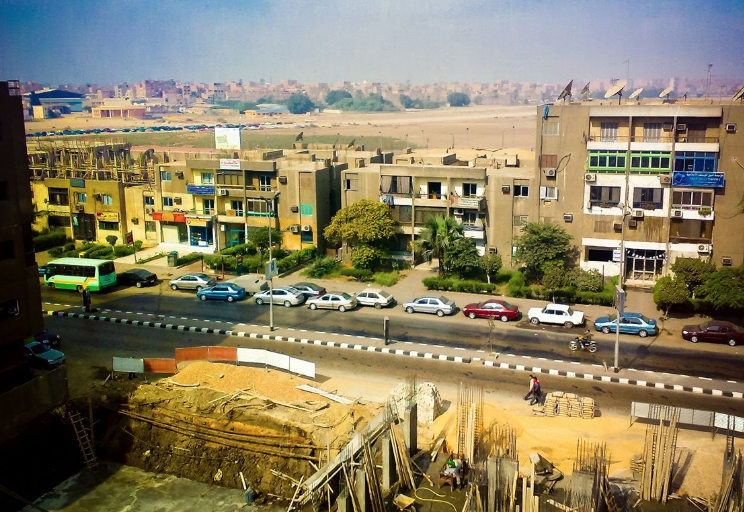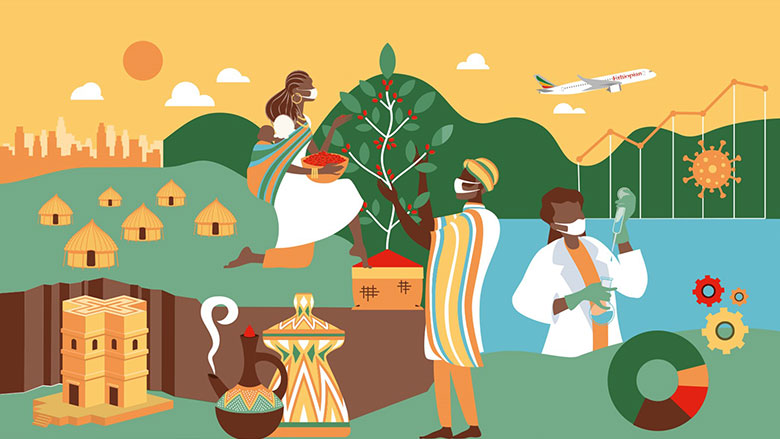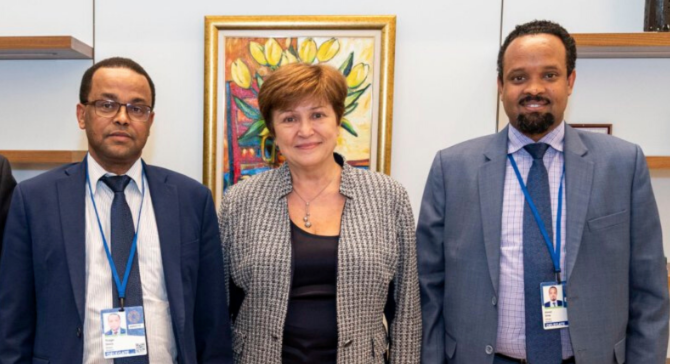
Viewpoints | Oct 12,2024
Jun 8 , 2019
By FASIKA TADESSE ( FORTUNE STAFF WRITER )
 The real GDP, the value of economic output adjusted for price changes, of the country has declined by an estimated 2.4pc last year, adding to a cumulated decline of about 24pc in the last three years.
The real GDP, the value of economic output adjusted for price changes, of the country has declined by an estimated 2.4pc last year, adding to a cumulated decline of about 24pc in the last three years. The International Monetary Fund (IMF) issued an alarming report on South Sudan that says the country is in a serious economic crisis due to a high level of displacement, a mounting inflation rate and a flailing economy.
The Article IV Consultation, the macroeconomic analysis issued by the IMF executive board, states that the economic conditions of South Sudan, which has been hit hard by civil war and falling oil prices since 2013, has deteriorated.
Made up of the 10 southern-most states of the former Sudan, South Sudan gained its independence in 2011. Home to over 60 different major ethnic groups and with an estimated population of 10 million, South Sudan was mired in civil war from 2013 to 2018, leaving many dead and displaced. Salva Kiir, president of South Sudan, and vice-president-turned-rebel-leader Riek Machar engaged in a brutal power struggle and armed conflict.
“The conflict along ethnic lines left hundreds of thousands dead, with severe social and economic consequences,” reads the report that was released on June 4, 2019. “And it exacerbated the humanitarian crisis and food insecurity.”
About 40pc of the South Sudanese are either internally displaced or live as refugees in neighbouring countries, and more than half of the population currently requires humanitarian assistance, according to the report.
Various reports from international humanitarian organisations show that the South Sudanese are the largest refugee population in Ethiopia, totaling 445,481 at the end of June 2018.
The real GDP, the value of economic output adjusted for price changes, of the country has declined by an estimated 2.4pc last year, adding to a cumulated decline of about 24pc in the last three years. Disposable income of the nation has also fallen by 70pc, causing a rise in the poverty level to 82pc from 50pc in 2012.
Even though the inflation rate is one of the largest on the continent, standing at 40pc last December, the rate shows a significant decline from the peak of 550pc that was recorded in September 2016.
The IMF cites weakened fiscal policy as a cause for the crisis in the country’s economy.
"Fiscal policy has been weakened by the loss of fiscal discipline, deteriorating public financial management and the contracting of non-transparent oil advances, which have increased corruption vulnerabilities," reads the report.
The banking industry of the country is also in hot water, affected by the adverse effects of the civil conflict, high inflation and strong currency depreciation.
"Consequently, many domestic banks are heavily undercapitalized and face rising non-performing loans," reads the IMF's report.
As a way to restore macroeconomic stability and improve the population’s living conditions, the executive directors of IMF commended the authorities for signing the revitalised peace agreement. Strengthened economic buffers, improved governance and rebuilding credibility with the international community are the additional decisive measures the board recommends.
"Additional reforms, including to improve governance, will be needed to foster more diverse, inclusive growth," reads the report.
PUBLISHED ON
Jun 08,2019 [ VOL
20 , NO
997]

Viewpoints | Oct 12,2024

Advertorials | Jul 17,2023

Covid-19 | May 01,2021

Featured | Sep 14,2025

My Opinion | Jun 26,2021

Commentaries | Feb 03,2024

Fortune News | Dec 14,2019

My Opinion | Jul 20,2024

Editorial | Apr 22,2022

Commentaries | Jun 21,2025

Dec 22 , 2024 . By TIZITA SHEWAFERAW
Charged with transforming colossal state-owned enterprises into modern and competitiv...

Aug 18 , 2024 . By AKSAH ITALO
Although predictable Yonas Zerihun's job in the ride-hailing service is not immune to...

Jul 28 , 2024 . By TIZITA SHEWAFERAW
Unhabitual, perhaps too many, Samuel Gebreyohannes, 38, used to occasionally enjoy a couple of beers at breakfast. However, he recently swit...

Jul 13 , 2024 . By AKSAH ITALO
Investors who rely on tractors, trucks, and field vehicles for commuting, transporting commodities, and f...

Nov 1 , 2025
The National Bank of Ethiopia (NBE) issued a statement two weeks ago that appeared to...

Oct 25 , 2025
The regulatory machinery is on overdrive. In only two years, no fewer than 35 new pro...

Oct 18 , 2025
The political establishment, notably the ruling party and its top brass, has become p...

Oct 11 , 2025
Ladislas Farago, a roving Associated Press (AP) correspondent, arrived in Ethiopia in...